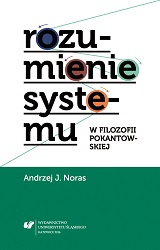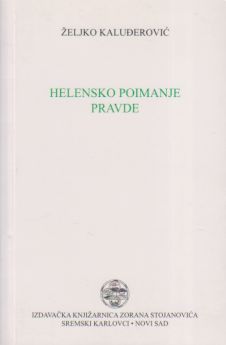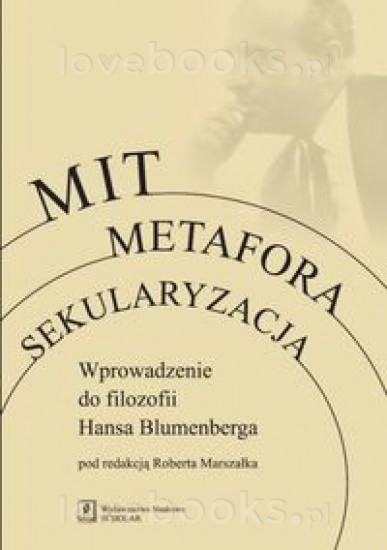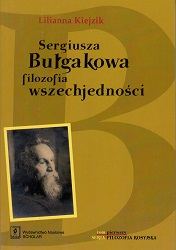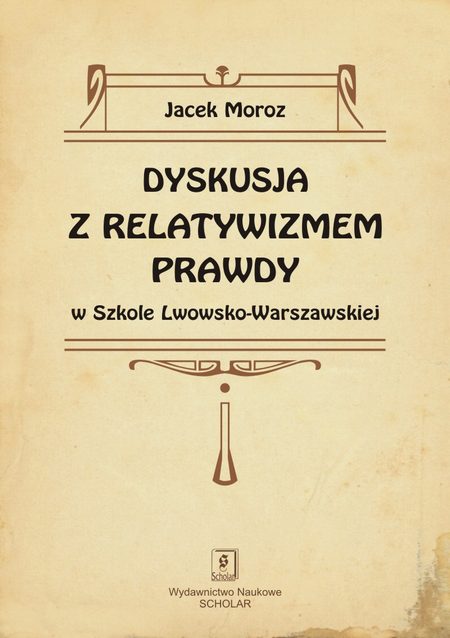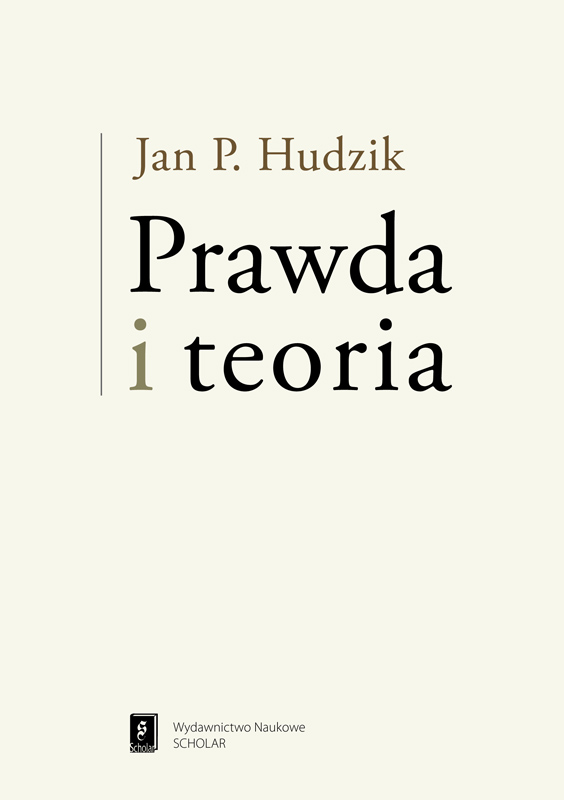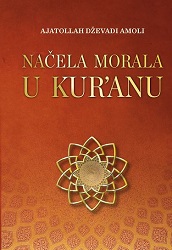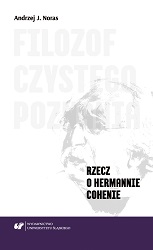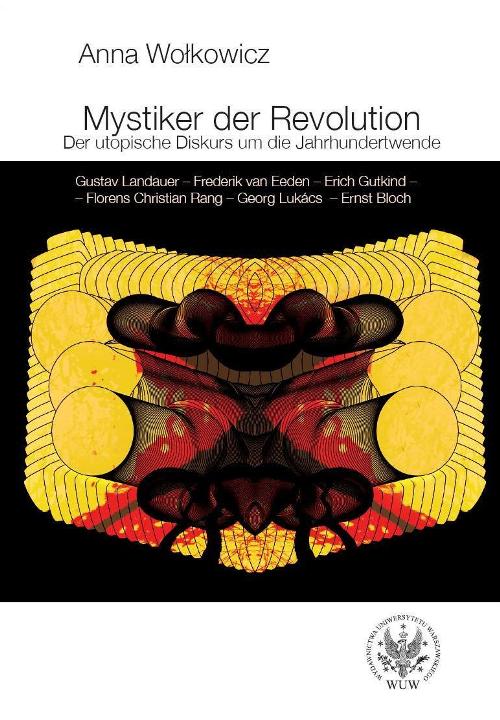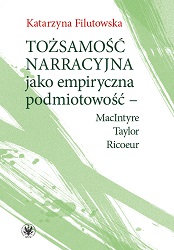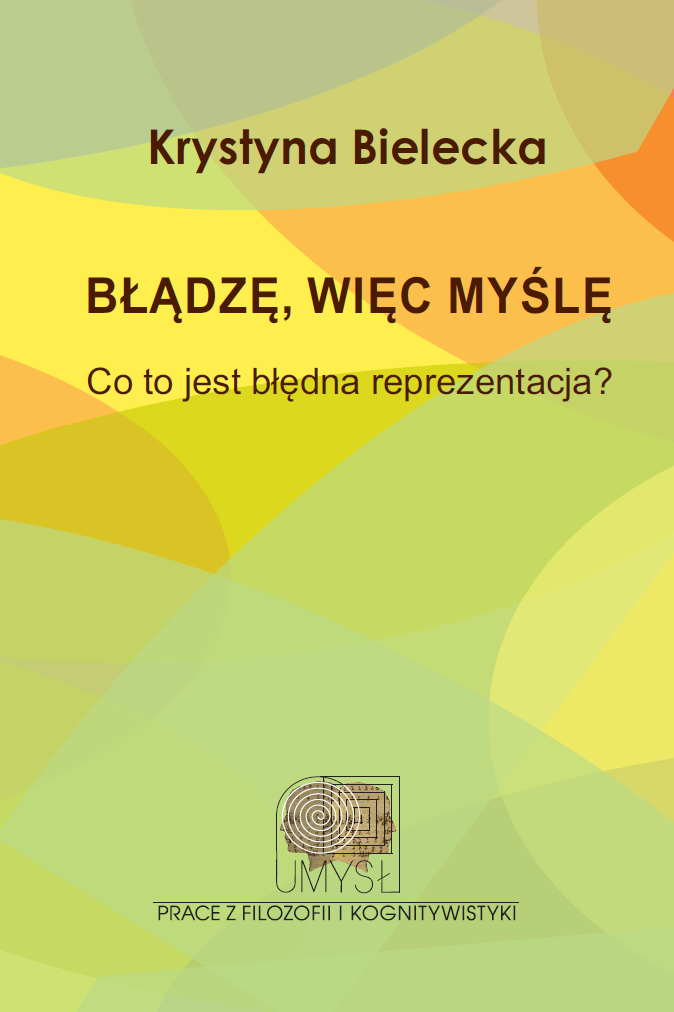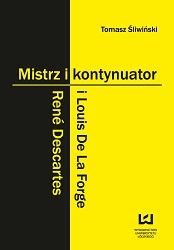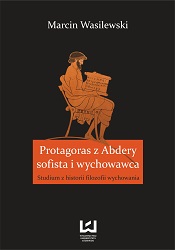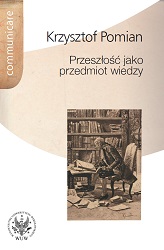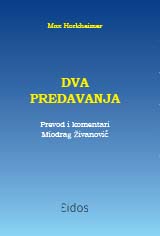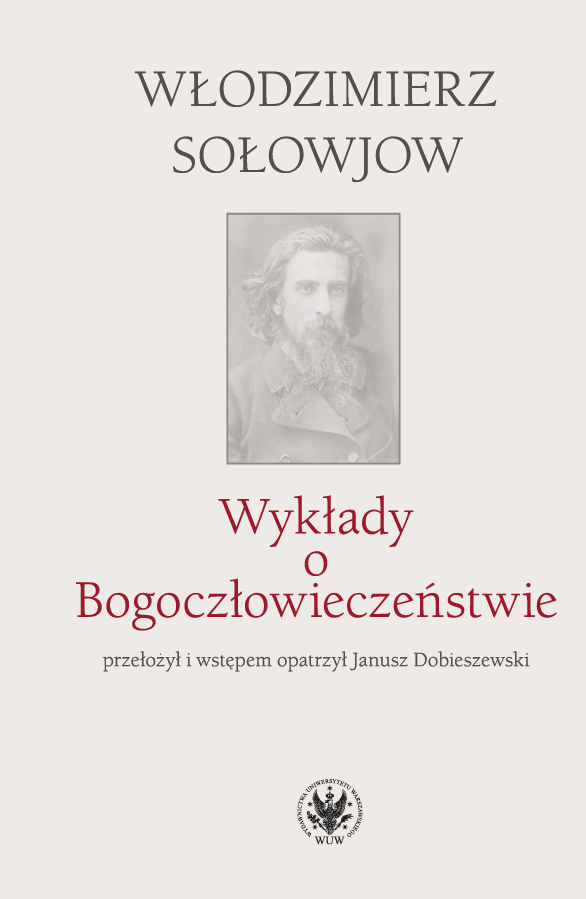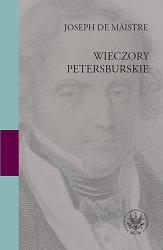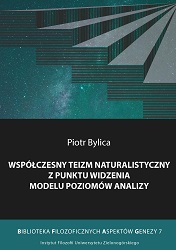
Współczesny teizm naturalistyczny z punktu widzenia modelu poziomów analizy. Problem działania sfery nadnaturalnej w przyrodzie
Filozofię tradycyjnego teizmu chrześcijańskiego można scharakteryzować jako dualistyczną i interwencjonistyczną. Naturalizm, jako filozoficzna koncepcja funkcjonowania przyrody, stanowiąca założenie współczesnej nauki, jest natomiast stanowiskiem monistycznym. Konsekwentnie wyklucza nadnaturalne interwencje w przyrodzie. Teizm naturalistyczny stara się godzić teistyczny chrześcijański obraz świata ze współczesnym obrazem naukowym. Ważne jest podkreślenie, że chodzi o współczesną naukę i jej związek z założeniami naturalizmu. Nie we wszystkich epokach występowało tak silne jak obecnie napięcie między nauką i teizmem chrześcijańskim. Powstanie nauki nowożytnej było silnie związane z teizmem chrześcijańskim, zarówno jeśli chodzi o teistyczną doktrynę o stworzeniu, jak i o ówczesną rolę chrześcijaństwa w kulturze europejskiej. Naturalistyczne założenia współczesnej nauki wykluczają odwołania do czynników nadnaturalnych w wyjaśnianiu jakichkolwiek zjawisk obserwowanych w przyrodzie, jak i genezy ładu przyrodniczego. Ze względu na rodzaj i skalę sprzeczności zachodzących między tradycyjnymi ujęciami teizmu i naturalizmu zadanie, którego podejmują się teistyczni naturaliści, wydaje się szczególnie trudne.Wśród teistycznych naturalistów znajdujemy chrześcijańskich myślicieli, z których znaczne grono stanowią teologizujący przedstawiciele nauk przyrodniczych. Do najważniejszych należy wspomniany już Barbour, z wykształcenia fizyk, a następnie absolwent Yale Divinity School. Inny z naukowców-teologów w tym gronie to John C. Polkinghorne, który uzyskał najpierw stopień doktora fizyki i pracował naukowo, by — po ukończeniu studiów teologicznych — w końcu przyjąć święcenia kapłańskie w Kościele anglikańskim. Innym duchownym anglikańskim w tym gronie jest będący jednocześnie biochemikiem Arthur R. Peacocke. Podobnie biologiem jest Francisco J. Ayala, który przez krótki czas był też duchownym katolickim. Wśród związanych z Kościołem katolickim naukowców-teologów znajduje się kosmolog i jednocześnie ksiądz, Michał Heller.Teistyczny naturalizm propagowany jest też przez takich filozofów i teologów, którzy nie prowadzą bezpośrednio badań w obszarze nauk przyrodniczych, lecz swoje publikacje poświęcają relacji nauki i religii. Należą do nich filozof religii i teolog David R. Griffin; filozof religii Thomas F. Tracy, związany z kościołem metodystów teolog i filozof Philip Clayton; filozof nauki, katolicki ksiądz i teolog Ernan McMullin; katolicki teolog John F. Haught; Nancy Murphy, będąca profesorem filozofii chrześcijańskiej w ewangelickim seminarium duchownym. Do polskich przedstawicieli tej grupy zaliczyć można Abpa Józefa Życińskiego, który, oprócz kompetencji teologicznych, posiadał też znaczący dorobek naukowy obejmujący publikacje z zakresu filozofii. Nie można też pominąć grupy przyrodników, co prawda niemających formalnych związków z naukami teologicznymi, jednak oddanych propagowaniu idei godzenia nauki i religii. Należą do nich Howard Van Till, profesor fizyki, wychowany w rodzinie kalwinistycznej i kształcony w szkołach kalwinistycznych, katolicki biolog Kenneth R. Miller, George F. R. Ellis — profesor matematyki stosowanej, kosmolog i jednocześnie aktywny uczestnik w społeczności kwakrów.Wymieniono tu jedynie niektóre najważniejsze postacie omawianego nurtu. Dostrzec można, że w ich gronie znajdują się przedstawiciele zarówno badaczy przyrodników, jak i osób o wykształceniu przyrodniczym i teologicznym, czy też osoby specjalizujące się w filozofii bądź w dziedzinie teologii, spośród których część jest duchownymi. Są to przedstawiciele zarówno Kościoła katolickiego, jak i różnych kościołów protestanckich. Wskazuje to na szerokie rozpowszechnienie w chrześcijaństwie potrzeby dostosowania wiary chrześcijańskiej do kryteriów związanych racjonalnością nauk przyrodniczych, nawet kosztem znacznego przeinterpretowania podstawowych składników tradycyjnego teizmu chrześcijańskiego.Celem pracy jest prezentacja stanowiska współczesnego teizmu naturalistycznego odnośnie do relacji między sferą nadnaturalną a światem przyrody, by móc na tej podstawie ustalić stopień rewizji tradycyjnego teizmu chrześcijańskiego dokonanej przez teizm naturalistyczny oraz ocenić spójność logiczną teizmu naturalistycznego. By tego dokonać, użyty zostanie model poziomów analizy, porządkujący twierdzenia opisowe religii, filozofii i nauki, ale też pełniący rolę narzędzia pozwalającego porównywać twierdzenia nauki i religii, w tym twierdzenia przyjmowane w obu formach teizmu. Podział twierdzeń w tym modelu przebiega zgodnie z kryteriami ich empirycznego charakteru, stopnia ogólności oraz roli odgrywanej w nauce (tj. w naukach empirycznych lub przyrodniczych określanych angielskim terminem science). Ze względu na przyjęcie kryterium roli określonego rodzaju twierdzeń w analizach o charakterze naukowym można powiedzieć, że model ten wyróżnia twierdzenia opisowe, dzieląc je ze względu na ich „ważność” w rozstrzygnięciach mających miejsce w nauce. Model ten stanowić ma więc wspólną skalę pozwalającą ująć stopień modyfikacji tradycyjnego teizmu dokonanej przez teizm naturalistyczny oraz ocenić wewnętrzną spójność stanowisk, które można wyróżnić w ramach teizmu naturalistycznego.
More...
